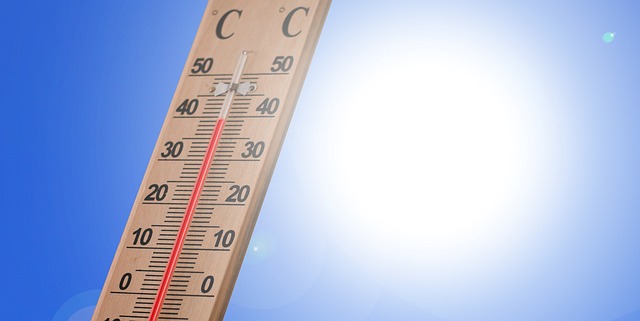Weathering Social Storms: Navigating Social Conflicts in Extreme Weather
When we think of extreme weather, our minds often drift to the physical destruction it can wreak upon our homes and the chaos it can bring to our communities. Yet, there is another layer of impact that often goes unnoticed—social conflicts that arise in the aftermath of these powerful events. From hurricanes to wildfires, extreme weather can not only test our infrastructure but also stretch the fabric of our society to its limits.
As the winds howl and rain pelts against windows, tensions can simmer just beneath the surface. In the wake of a natural disaster, individuals with various backgrounds, beliefs, and priorities converge, sometimes leading to an unexpected clash. For instance, when resources are scarce, competition over food, shelter, and aid can escalate, turning neighbors into rivals. This is where the emotional and psychological facets of social conflicts become apparent. Fear and uncertainty often fuel misunderstandings and exacerbate existing divisions.
Furthermore, the narrative we construct around these weather events plays a crucial role in how we respond to them. Those living in areas historically marginalized may find themselves disproportionately affected, raising questions about equity and justice in disaster response. When a community’s needs are overlooked, it can lead to feelings of alienation and resentment, igniting further social conflicts that can persist long after the storm has passed.
However, amidst the chaos, there is also an opportunity for solidarity and healing. Communities often come together to support one another during these trying times, illustrating that human connectivity can shine brightly, even when environments are tumultuous. Collaborative efforts, whether through volunteer work, shared resources, or group discussions, can dismantle barriers and foster a sense of unity. The road to recovery can become a journey of reconciliation, where residents learn to communicate openly and listen to each other’s struggles and viewpoints.
Being proactive in creating a culture of understanding before crises strike is vital. Establishing community networks that prioritize open dialogue and inclusivity can mitigate the risk of social conflicts in times of hardship. When individuals feel recognized and valued, they are more likely to rally together instead of against one another when disaster looms.
As climate events become increasingly severe and frequent, acknowledging the dual nature of their impact is crucial. They not only challenge our physical environments but also test our social connections and cooperative spirit. By fostering a proactive, inclusive community culture, we can better equip ourselves to weather both the literal and metaphorical storms that lie ahead.




